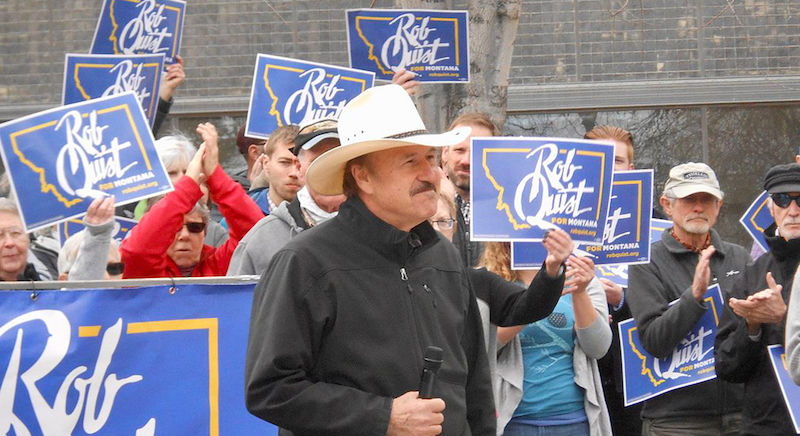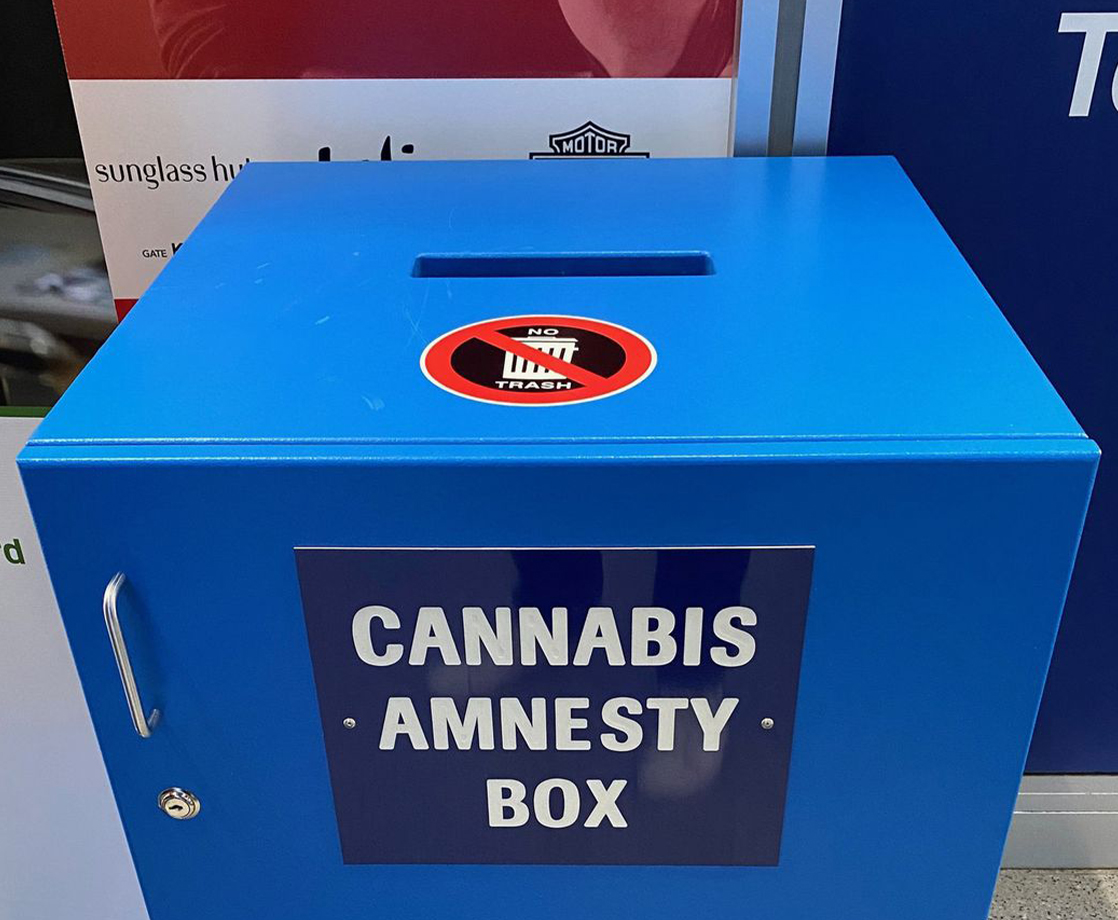Lead image via
Wearing his signature cowboy hat and making folksy speeches all across Montana, Rob Quist has been grabbing national headlines. As the Democratic candidate for Montana’s open congressional seat, Quist is one of a number of candidates to emerge and compete for office in traditionally-red areas in the age of Trump. He is one of two dozen political hopefuls currently endorsed by Bernie Sanders’ group Our Revolution. Though Montana’s lone congressional seat hasn’t been held by a Democrat for two decades, many people think that Quist might have the right ideas to turn his statewide district blue. Bernie Sanders is a believer, and after you look at Quist’s platform, it’s easy to see why. While much of Quist’s coverage focuses on his cowboy appearance and his history as co-founder of the Mission Mountain Wood Band, the banjo player’s politics are just as unconventional as the man himself.
Populists All Around
Populism has become a dirty word since November’s election. Donald Trump and Steve Bannon’s brand of right wing populism tinged with white nationalism helped lead to our current White House oligarchy. On the other side of the aisle, Bernie Sanders’ lefist brand of progressive populism has opened the door for Democrats in districts that the national party had written off as unwinnable. While he lost his special election for a Kansas Congressional seat, James Thompson, another Berniecrat, did 20 points better than Hillary Clinton had in his district. Quist is trying to pull a similar feat in Montana, but he’s looking to win.
Quist is running on the kind of progressive platform that would earn grassroots Democratic approval all over the country: from his support of Planned Parenthood to his vocal opposition to the border wall and Muslim ban. But, where he has placed his focus is unique to Big Sky Country. Quist has framed his campaign around two major issues: healthcare and public lands. Though defunding Obamacare has been a GOP pet project, the Affordable Care Act is actually popular in many parts of the country. Quist is not only an ardent supporter of the ACA, he has joined fellow progressives in support of Medicare for All. He said, “Everybody should have a system like Medicare, where you walk in, show your card and you’re covered, no questions asked.” Drawing on his own personal experience with medical debt, sharp criticism of America’s healthcare system has been a centerpiece of his stump speeches.
Moving to sell off and privatize public land proved to be a huge misstep early in the Trump administration, and nowhere has that been as evident as in Montana, where 29 percent of the land is public. A Republican plan to sell off millions of acres of public land was stymied by an alliance between right wing sportsmen groups and left wing environmentalists. Quist has used the attempted land grab as a way to advance his progressive message. He told Bozeman Magazine, “I think there was like 3.3 million acres that were going to be sold in Montana alone. And this happened all across the country, this human cry, and I’ve never seen a bill disappear so fast from the U.S. Congress. That was amazing. And that shows the power of what we could go when we organize together.” While in many coastal areas, issues like the environment and indigenous rights are abstract concerns, in Montana they are everyday concerns for Quist’s potential constituents.
Like fellow progressives like Bernie Sanders, Keith Ellison, and Elizabeth Warren, Quist has a strong economic message. Not only is he in favor of single payer healthcare, he also talks about holding the wealthy accountable. On the campaign trail he has been fond of saying, “This should not be the millionaire’s club, this is the House of Representatives.” Even the way that Quist got the Democratic nomination had a populist tinge to it. Quist went county to county aiming at reinvigorating grassroots Democratic presence where the party had long ago stopped investing.
Where Do We Compromise?
Quist says almost all of the right things when it comes to progressive policy. But, like Nebraska mayoral candidate Heath Mello and his mixed record on abortion, Quist is another red state progressive who doesn’t totally stand up to leftwing purity tests. Quist’s biggest area of compromise is one that Sanders also got hammered on during the primary: gun control. Quist styles himself a second amendment advocate, and won’t publicly go beyond saying “fully automatic assault rifles… might need to be registered.”
One one hand, this is a stance that would upset many on the left. On the other hand, with national darlings like Cory Booker and John Ossoff compromising on issues like Big Pharma and financial regulation, Quist is simply doing what they do: modifying to the Democratic platform to fit their constituency. As Democrats rebuild in the aftermath of Trump, they will have to redefine what are essential liberal values and what is negotiable. It remains to be seen how the party will balance the consistency of their message with electoral victory.
The Future (and a Footnote)
Candidates like Quist may be the future of the Democratic Party. Of course, for this to happen, he and candidates like him have to win. Lately, conventional wisdom has been that a Democratic resurgence is going to be built on urban centers and the suburban NPR set. As one Democratic operative put it:
Even if he doesn't hit 50 tonight, Ossoff is showing us the path to retaking the House. It runs through the Panera Breads of America.
— Brian Fallon (@brianefallon) April 19, 2017
The vision of America championed by Bernie Sanders and Our Revolution has a broader vision for liberal politics in America. If candidates who share these progressive values keep winning, Democrats may have to cede more ground to their populist message. The Our Revolution crowd is combing the country, gaining the votes of laborers, farmers, and others who have felt abandoned by politicians on both sides of the aisle. A win for Quist wouldn’t make a political revolution on its own. But it would continue to fill in a blueprint for a resurgent progressive movement that could lead to a unified and powerful left.
Follow Brenden on Twitter.











